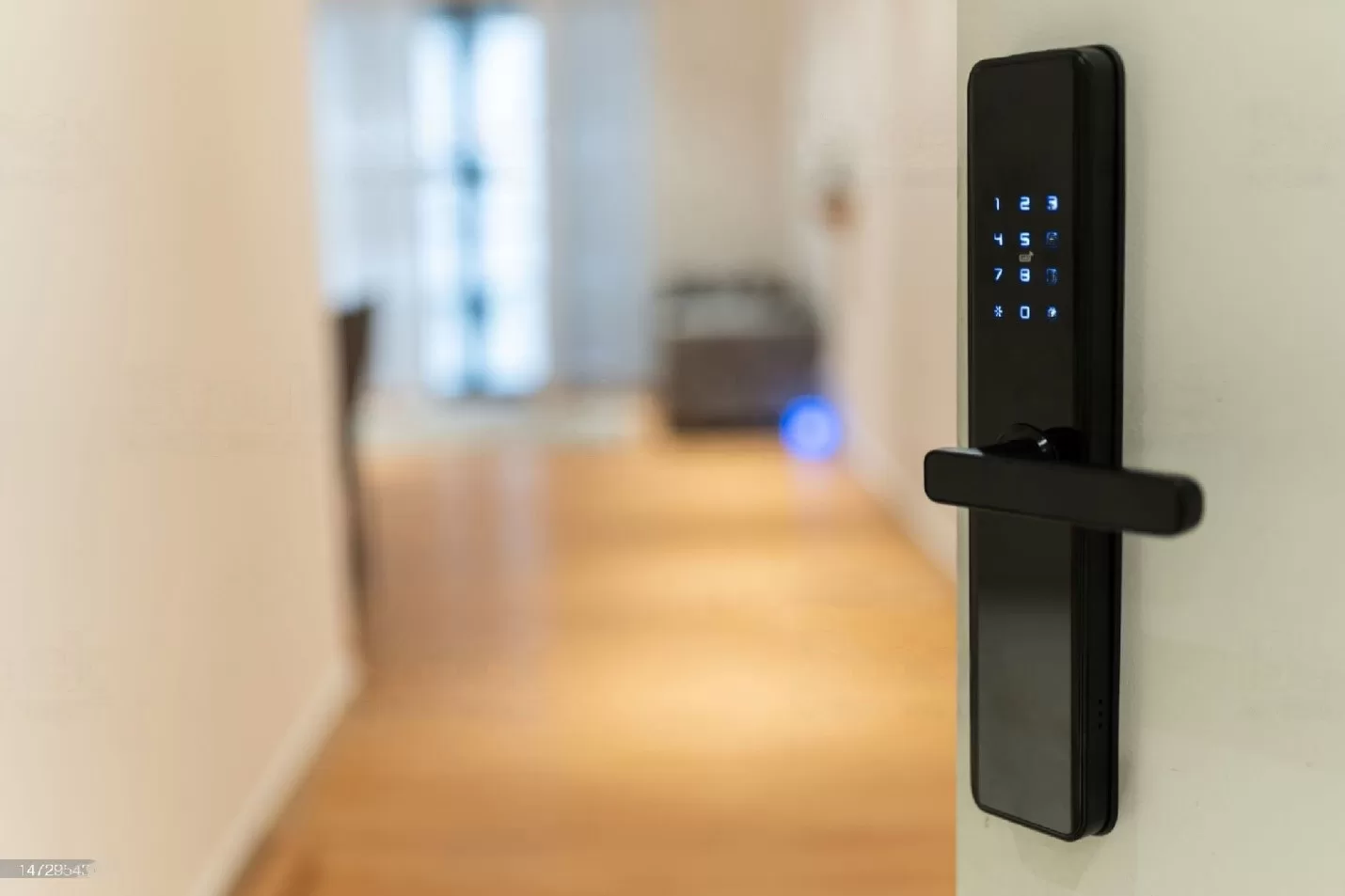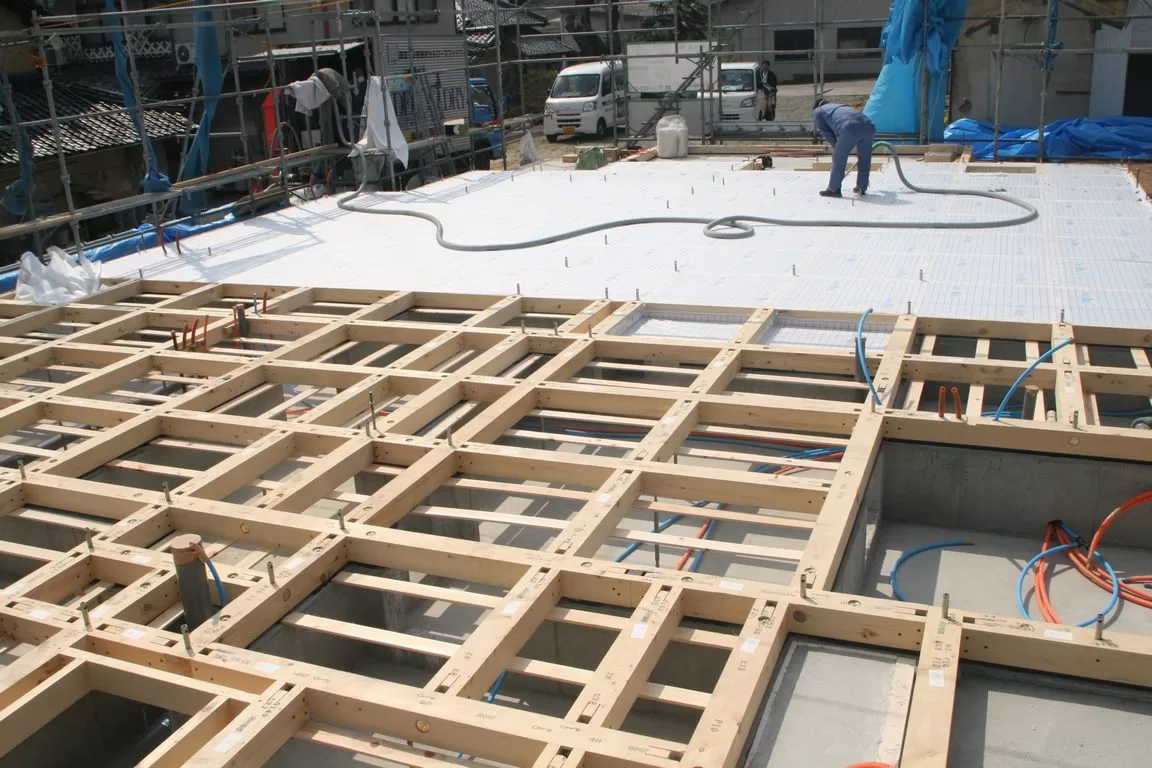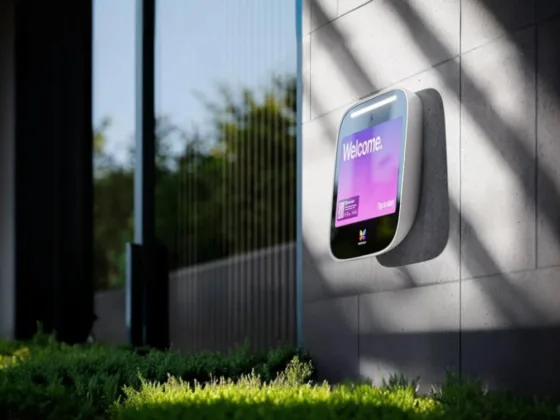When it comes to real estate, safety is a top concern for B2B businesses that own or manage properties. Whether it’s a school, apartment, or hotel, ensuring the safety of students, residents, and guests is crucial for maintaining a positive reputation and avoiding liability issues.

In this article, we’ll explore some of the key safety considerations for each of these types of properties and provide tips on how B2B businesses can improve their safety protocols.
Safety in Schools
Schools are one of the most important places where safety should be a top priority. B2B businesses that own or manage schools must ensure that students, staff, and visitors are protected from potential dangers. This includes not only physical safety but also cyber safety.
To improve physical safety, schools should have a comprehensive emergency plan in place, which should include procedures for responding to various types of emergencies, such as fires, natural disasters, and active shooter situations. The plan should be regularly reviewed and updated to ensure it remains effective.
Additionally, schools should have strong security measures in place, such as surveillance cameras, security personnel, and controlled access points. B2B businesses that own or manage schools should also conduct regular safety drills to prepare students and staff for emergencies.
In terms of cyber safety, schools should have policies and procedures in place to protect student data and prevent cyber attacks. This includes implementing firewalls, encryption, and other security measures to prevent unauthorized access to sensitive information.
Read Also:
Safety in Apartments
Apartments are another type of property where safety is of utmost importance. B2B businesses that own or manage apartment buildings must ensure that residents are safe from potential hazards, such as fires, carbon monoxide leaks, and crime.
To improve physical safety, apartment buildings should have working smoke detectors, carbon monoxide detectors, and fire extinguishers in each unit. B2B businesses should also conduct regular inspections to ensure that these devices are in good working order.
Additionally, apartment buildings should have strong security measures in place, such as surveillance cameras, security personnel, and controlled access points. B2B businesses that own or manage apartment buildings should also conduct background checks on prospective tenants to ensure that they do not have a criminal history that could put other residents at risk.
One way to improve security in apartments is by using smart door locks. A smart door lock factory can provide B2B businesses with keyless entry systems that use advanced technology, such as biometric authentication and remote access control, to enhance security and convenience for residents.
Safety in Hotels
Hotels are another type of property where safety is a top concern. B2B businesses that own or manage hotels must ensure that guests are safe from potential hazards, such as fires, natural disasters, and crime.
To improve physical safety, hotels should have a comprehensive emergency plan in place, which should include procedures for responding to various types of emergencies, such as fires, natural disasters, and terrorist attacks. The plan should be regularly reviewed and updated to ensure it remains effective.
Additionally, hotels should have strong security measures in place, such as surveillance cameras, security personnel, and controlled access points. B2B businesses that own or manage hotels should also conduct regular safety drills to prepare guests for emergencies.
Conclusion
Safety is a top concern for B2B businesses that own or manage real estate properties. Whether it’s a school, apartment, or hotel, ensuring the safety of students, residents, and guests is crucial for maintaining a positive reputation and avoiding liability issues.
By implementing strong security measures, conducting regular safety drills, and having a comprehensive emergency plan in place, B2B businesses can help protect their properties and the people who occupy them.









